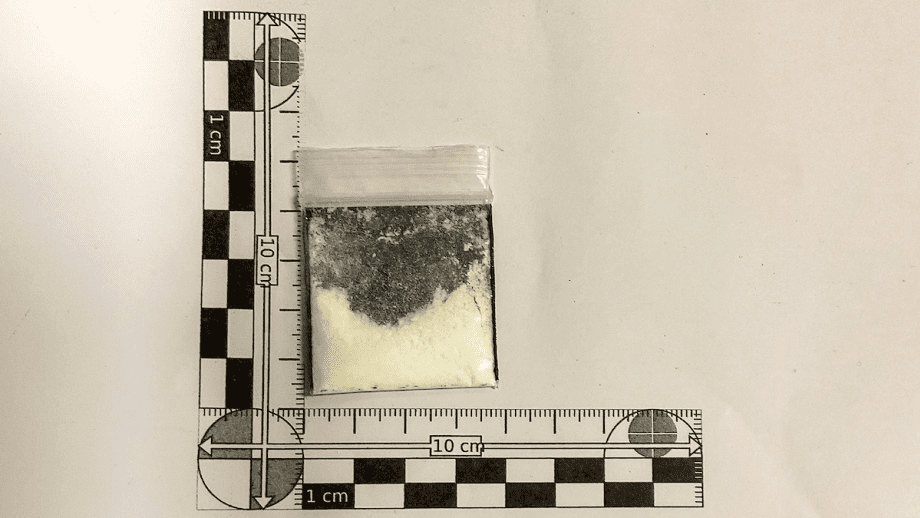A drug researchers are calling CanKet, which resembles ketamine but has two important chemical differences, has been reported by the Australian National University. The scientists who found it suspect the drug is circulating widely in Australia, and possibly worldwide, but differences in drug laws mean it has only been found in Canberra.
The Australian Capital Territory, made up of Canberra and surrounds, has adopted a harm minimization approach to drugs, including a testing site known as CanTEST. Here, those who suspect that illegal drugs they have bought may not be what they ordered can get them tested. It’s an approach used in many countries and thought to have saved countless lives, but fiercely rejected by every other Australian administration.
“Someone presented a small plastic bag of crystals and powder to the testing service,” Professor Malcolm McLeod said in a statement. “They told us that they thought it was ketamine but that the effects of the drug were very different to what they expected, so they wanted us to test it. But when we tested the substance it was clear it wasn’t ketamine, but rather a ketamine-like substance.”
Mcleod told IFLScience: “A chlorine has been changed to a fluorine, and an ethyl amine substituted for a methyl amine.” What the resulting effects are for users is not clear.
Ketamine is generally taken for a mix of anti-depressive effects and the out-of-body experiences it can generate, but it can also produce nightmares, liver damage, high blood pressure, and disorientation.
Since the original sample, four other people have submitted CanKet to the testers, usually because they noticed different effects than those expected from ketamine. However, McLeod told IFLScience, “there doesn’t seem to be a consistent pattern,” to how they have been affected.
A sample of the Ketamine-like substance known as CanKet. Image Credit: Malcolm McLeod
Animal testing to explore what CanKet does would have ethical issues, but McLeod thinks it would be possible to start by seeing how it affects cell receptors, although this has yet to be done.
Slight variations in illicit drugs are common. Some are made in an attempt to get around a nation’s laws, while others are designed to strengthen or modify the original drug’s effects. Indeed, after McLeod and colleagues identified CanKet, the same molecule was reported by Chinese scientists, with the suspicion it was designed to evade drug laws there. However, McLeod told IFLScience that under Australia’s “substantially similar” approach to drug legislation, CanKet would be illegal. Since it would not have the exemptions ketamine carries for medical and veterinary use, CanKet might even be more legally dangerous.
Consequently, the reason someone is making CanKet and passing it off as ketamine remains unknown.
The discovery is, however, a vindication of the CanTEST approach. Almost certainly, CanKet is circulating elsewhere in the country, but users cannot report unexpected effects for fear of prosecution. McLeod told IFLScience that even if a sample of CanKet was seized elsewhere, most forensic labs might lack the capacity to distinguish it from ketamine.
If the next novel drug sends people to hospital with symptoms doctors have not seen before, everyone from health officials to law enforcement will be flying blind in trying to address the issue.
Nevertheless, it’s a circumstance most politicians in Australia and other English-speaking nations prefer than being seen to give an inch in the war on drugs.
Source Link: Drug Sold As Ketamine Turns Out To Be Something Scientists Have Never Seen Before
